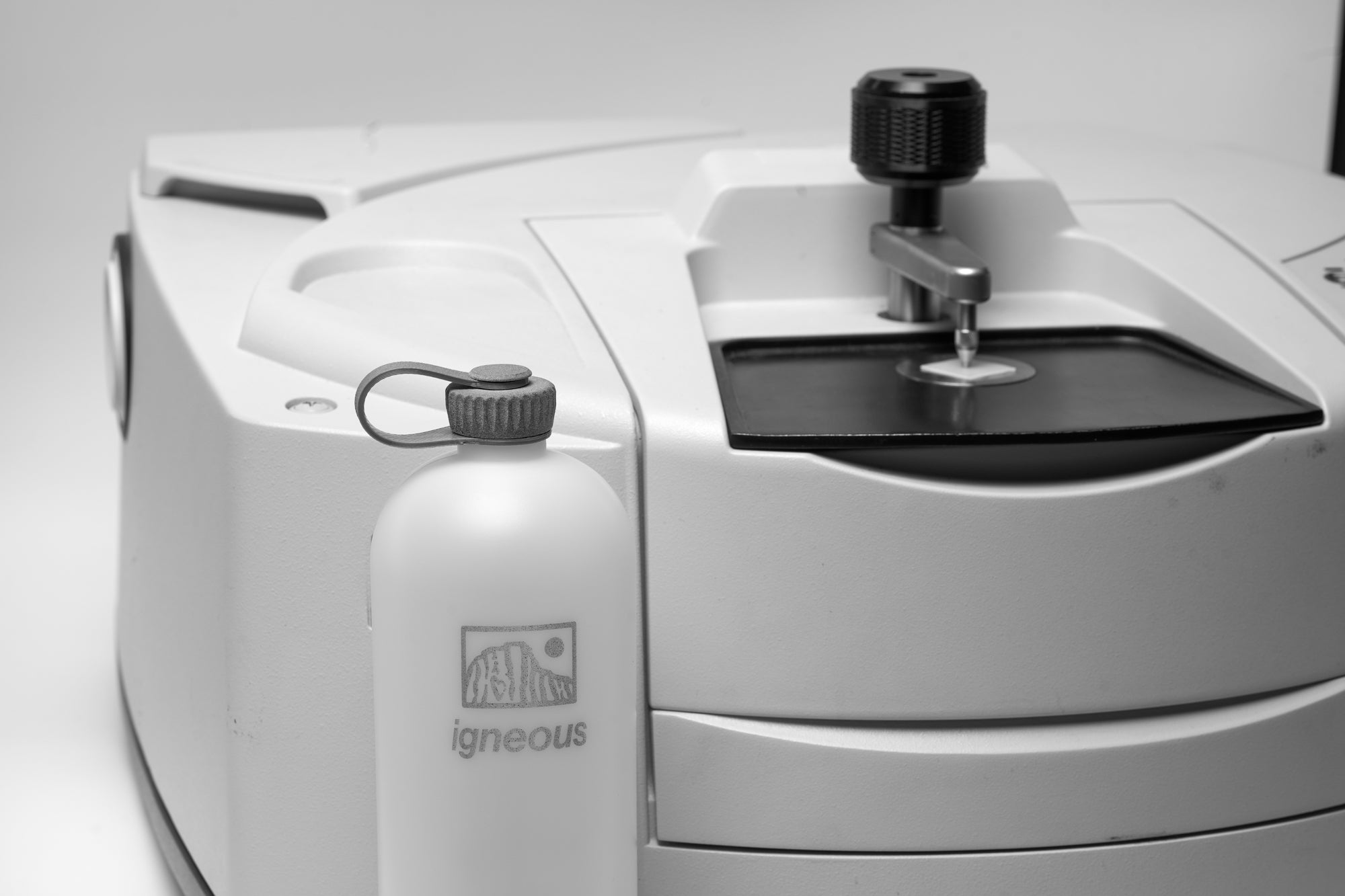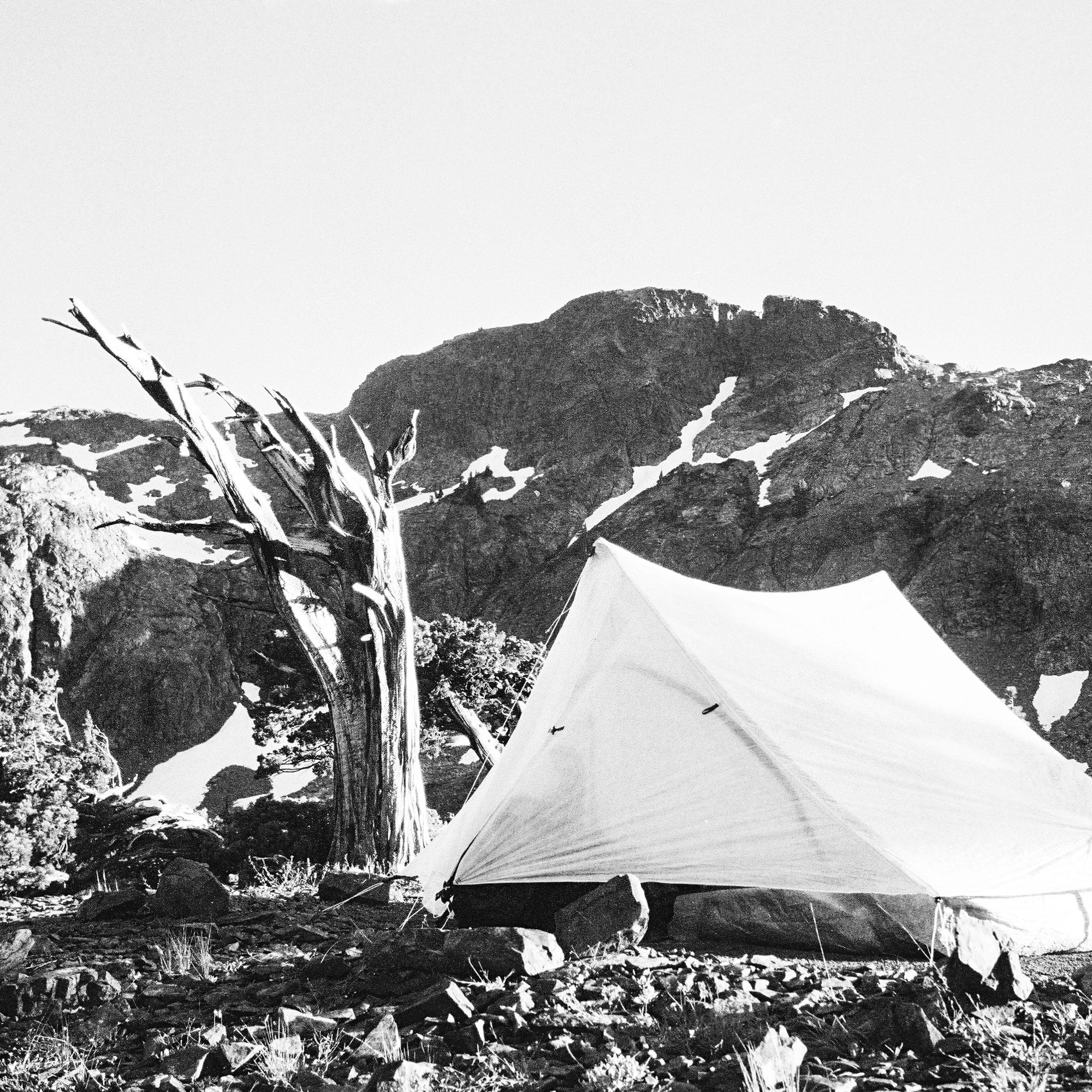Ultralight backpacking, a trend that has gained significant traction over the past few decades, is not just about making your pack lighter. It's about enhancing the overall backpacking experience, both physically and mentally. Let's delve into the myriad health benefits of carrying less weight on the trail.
1. Reduced Strain on Joints and Muscles
One of the most immediate benefits of ultralight backpacking is the reduced physical strain. Carrying a heavy pack can put undue stress on your knees, ankles, and back. By minimizing this weight, ultralight backpackers can significantly reduce the risk of joint injuries, muscle strains, and chronic conditions like arthritis in the long run.
2. Improved Posture and Spinal Health
A heavy backpack often forces hikers to lean forward, compromising their posture. Over time, this can lead to spinal issues and back pain. A lighter pack allows for a more natural, upright walking position, promoting spinal health and reducing the risk of back-related problems.
3. Enhanced Cardiovascular Fitness
With a lighter load, backpackers can cover more ground and tackle challenging terrains with greater ease. This can lead to an increased heart rate, improving cardiovascular health. Moreover, without the burden of excessive weight, hikers can focus on maintaining a steady pace, optimizing their aerobic workout.
4. Mental Clarity and Mindfulness
Ultralight backpacking is not just beneficial for the body; it's a boon for the mind as well. Carrying less weight allows hikers to be more present, taking in their surroundings without being preoccupied by physical discomfort. This heightened sense of mindfulness can reduce stress, anxiety, and even symptoms of depression.
5. Boosted Confidence and Sense of Achievement
Successfully completing a trail with minimal gear can be incredibly empowering. It fosters a sense of self-reliance and boosts confidence. Overcoming challenges with fewer resources can instill a sense of achievement, enhancing overall mental well-being.
6. Improved Sleep Quality
After a day of hiking with a lighter pack, backpackers often report better sleep quality. Reduced physical strain leads to fewer aches and pains, allowing for a more restful night's sleep, which is crucial for muscle recovery and overall health.
7. Enhanced Connection with Nature
Without the burden of a heavy pack, backpackers can immerse themselves more deeply in their environment. This deeper connection with nature has been shown to have numerous mental health benefits, from reduced stress hormones to improved mood.
8. Promotes Minimalism and Intentionality
Ultralight backpacking encourages intentionality in choosing gear, bringing only what is essential. This minimalist approach can spill over into everyday life, promoting a more intentional, clutter-free lifestyle that has been linked to improved mental health.
In Conclusion
Ultralight backpacking is more than just a trend; it's a holistic approach to outdoor adventures. By reducing physical burdens, it paves the way for a plethora of health benefits, from improved physical fitness to enhanced mental well-being. As more and more backpackers embrace this approach, it's clear that the future of hiking is not just about reaching the destination, but about savoring every step of the journey.



